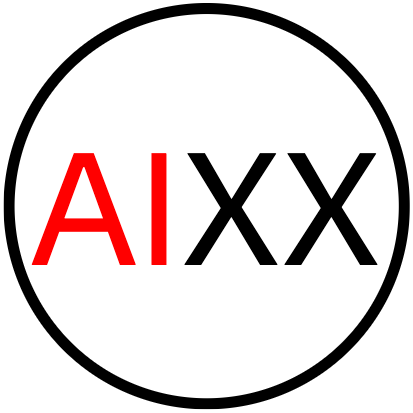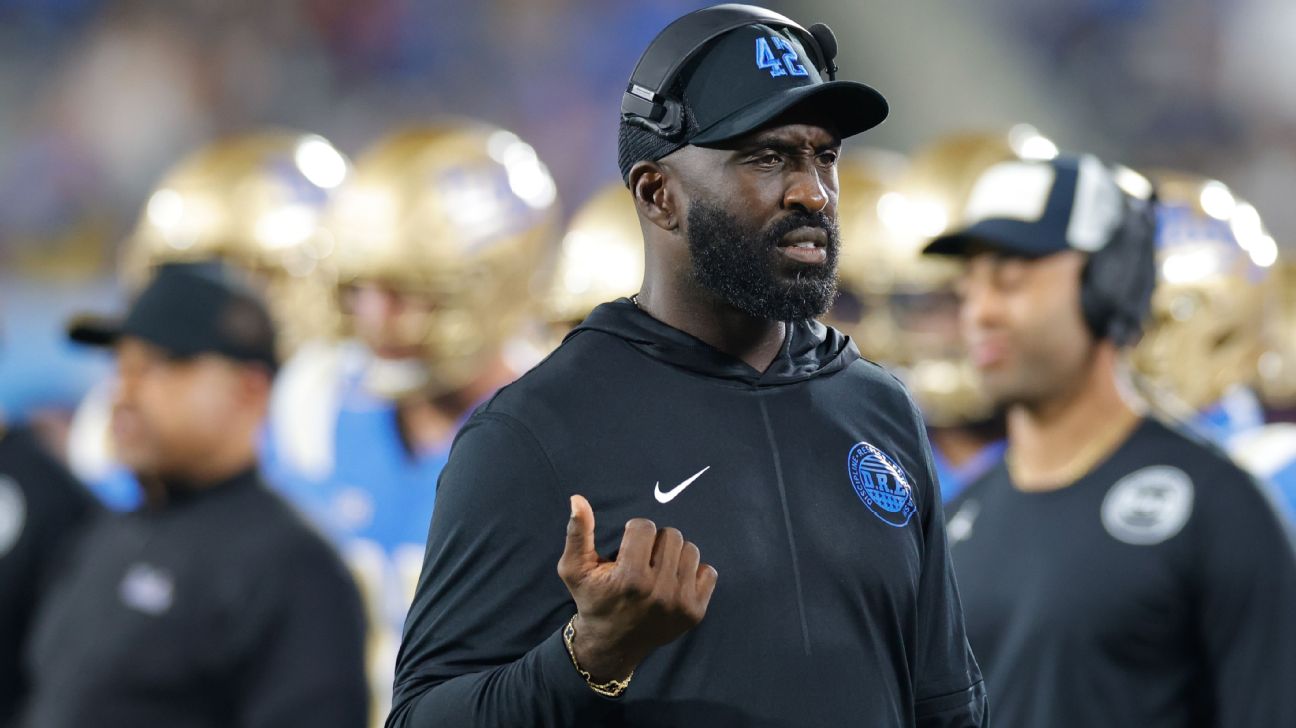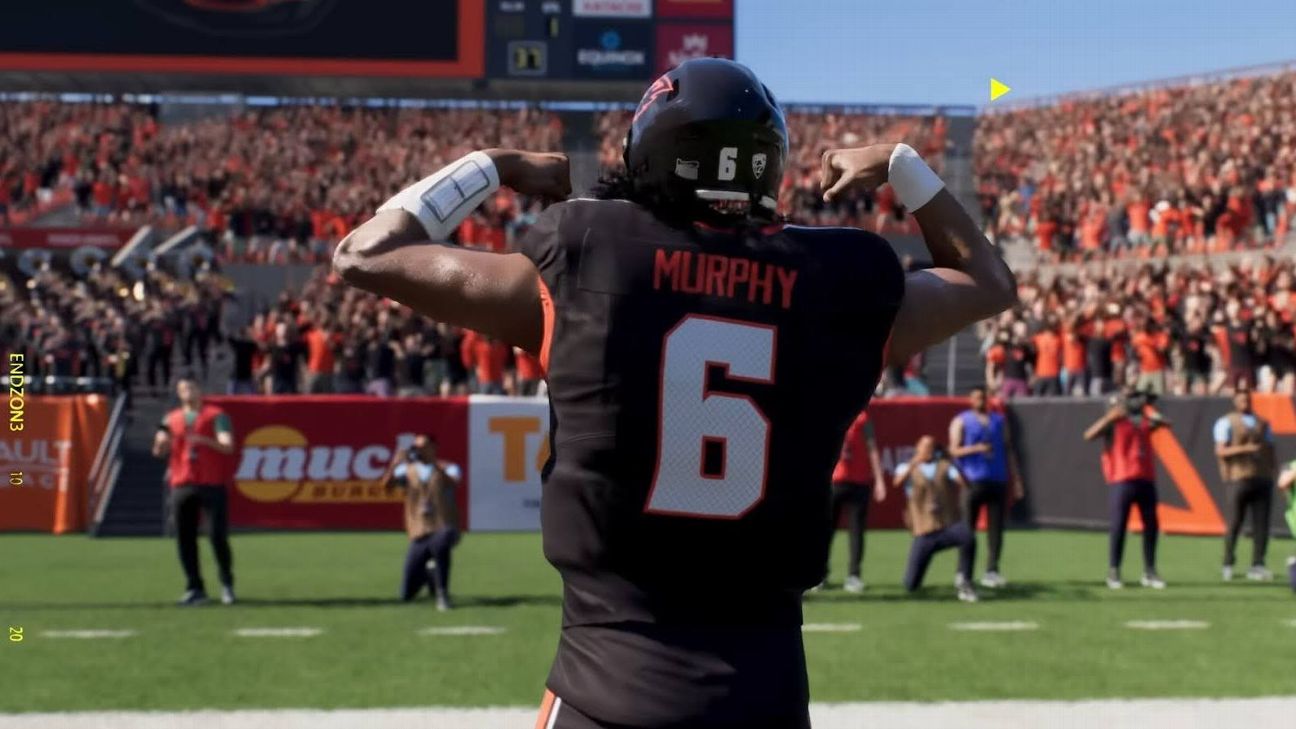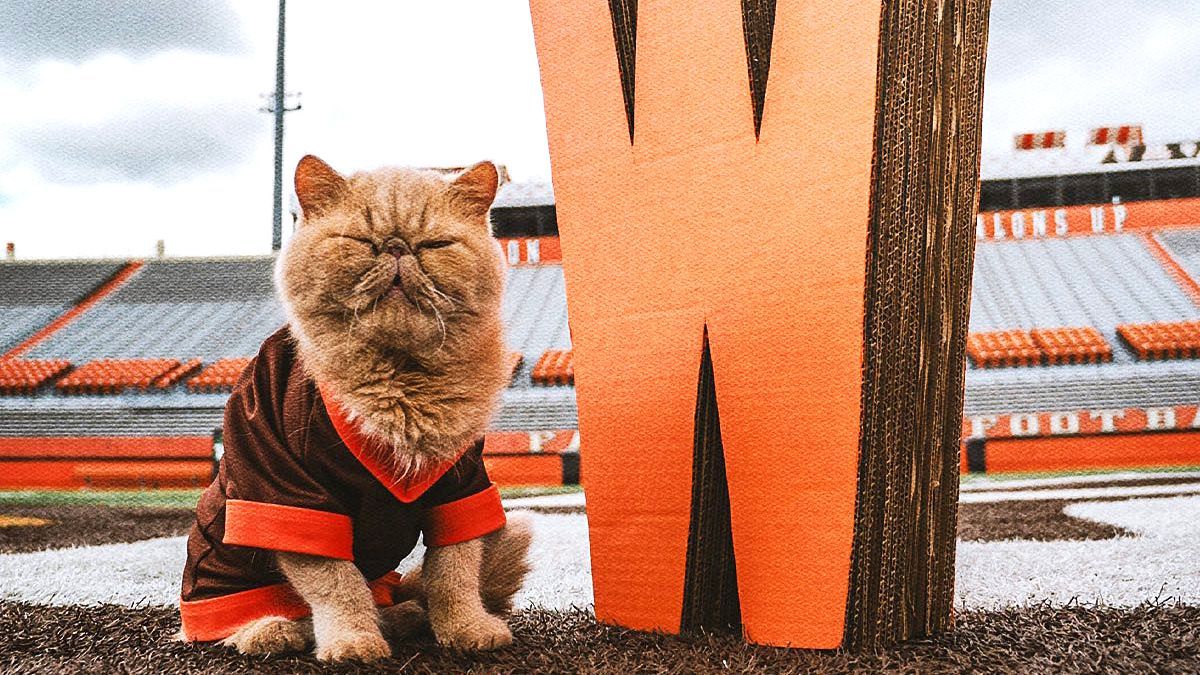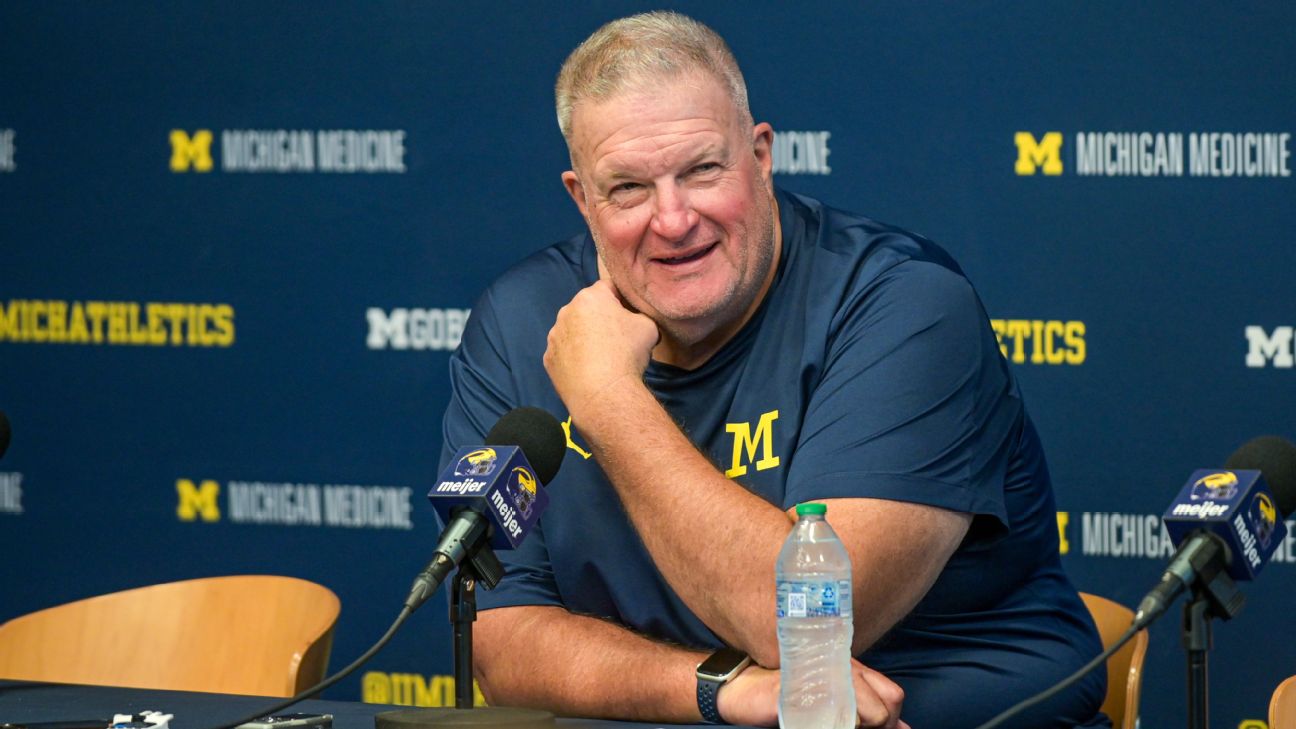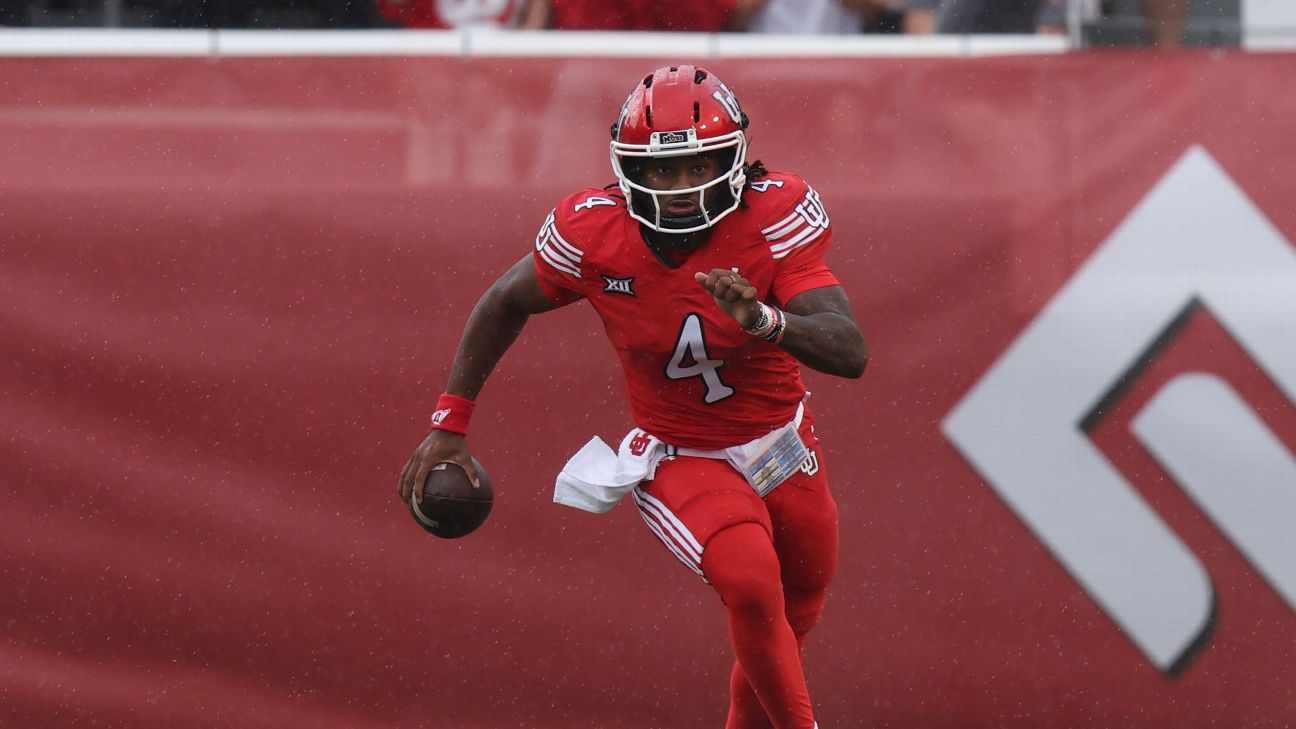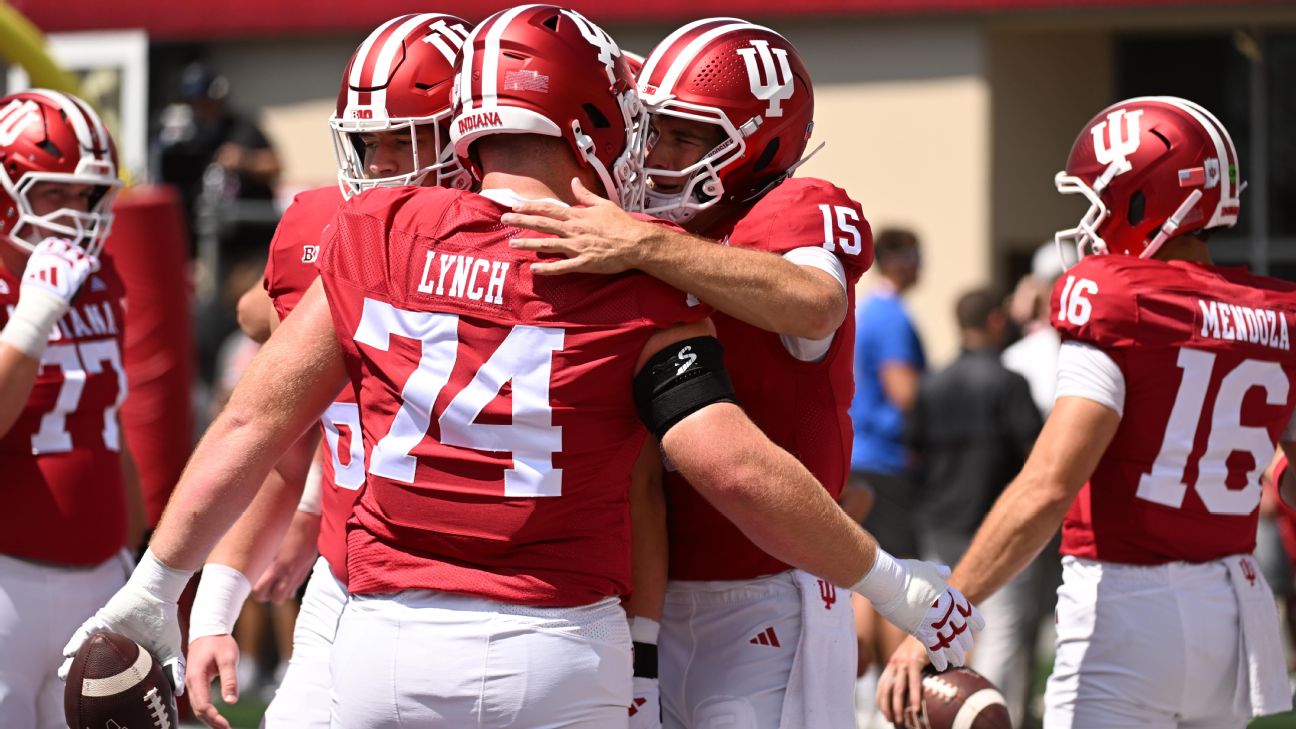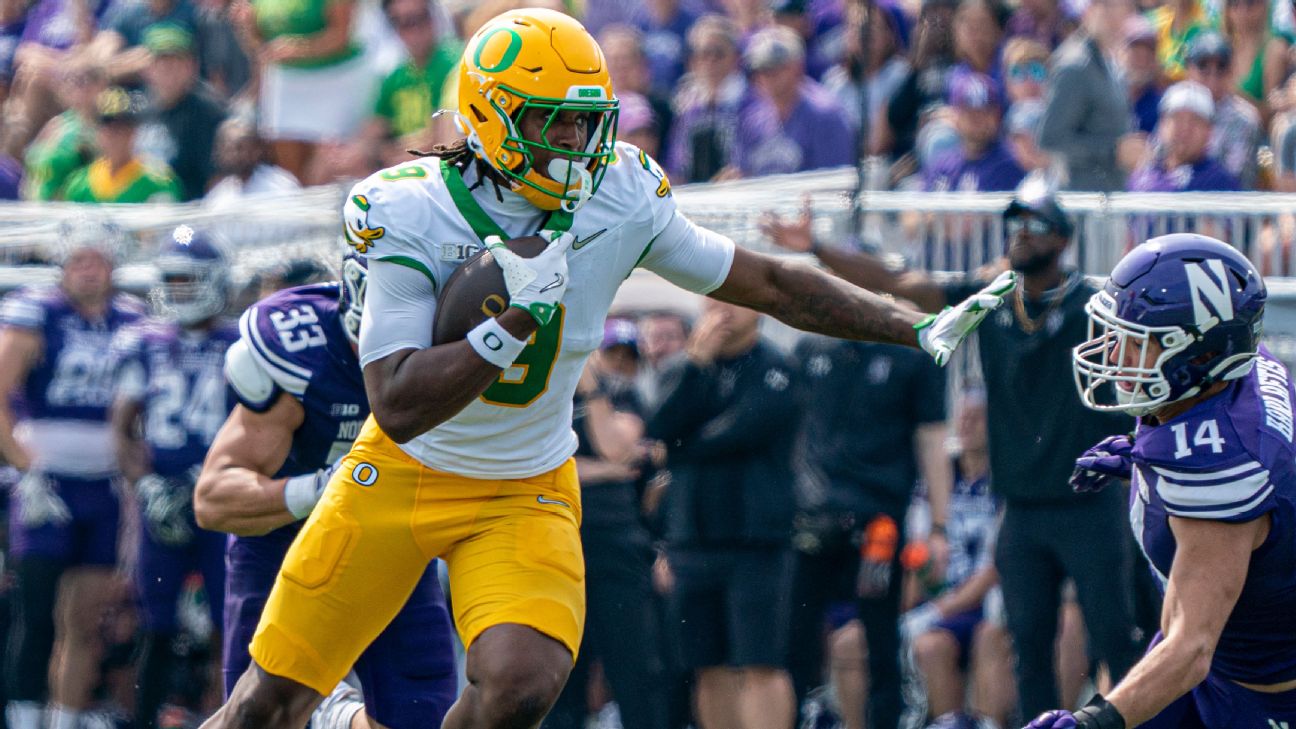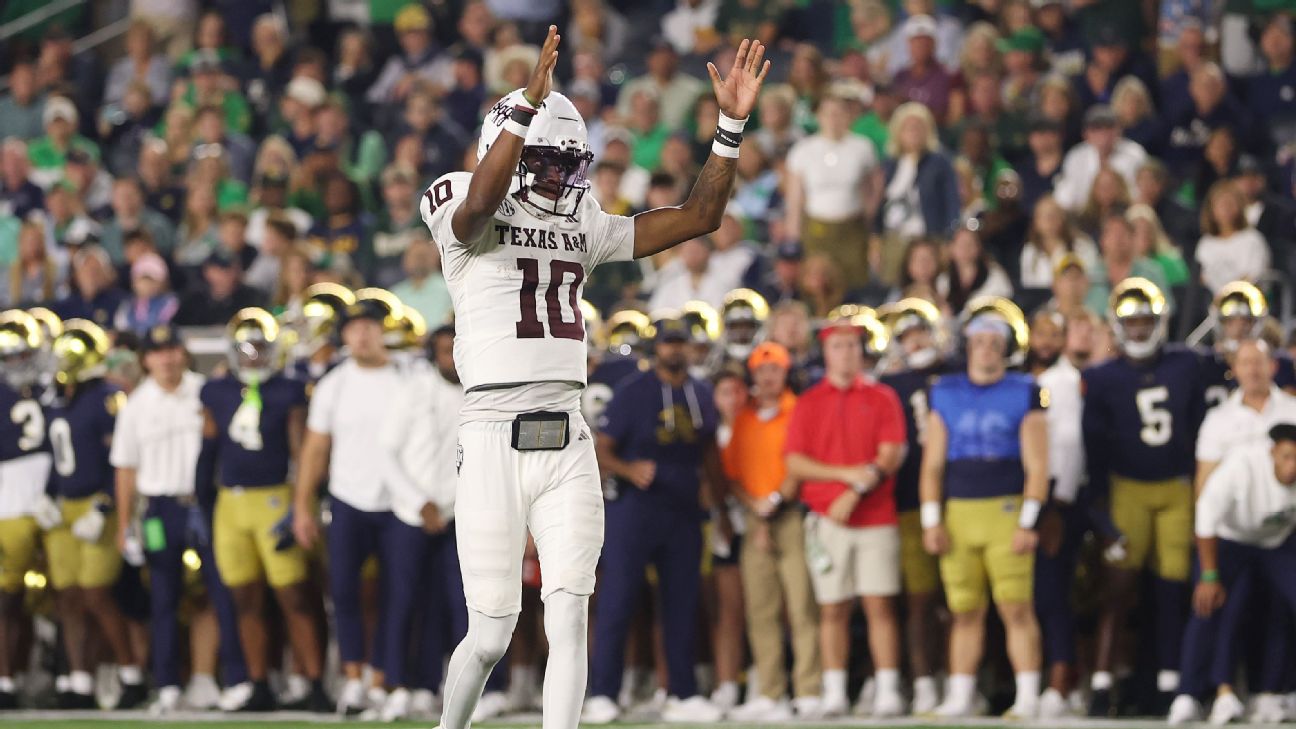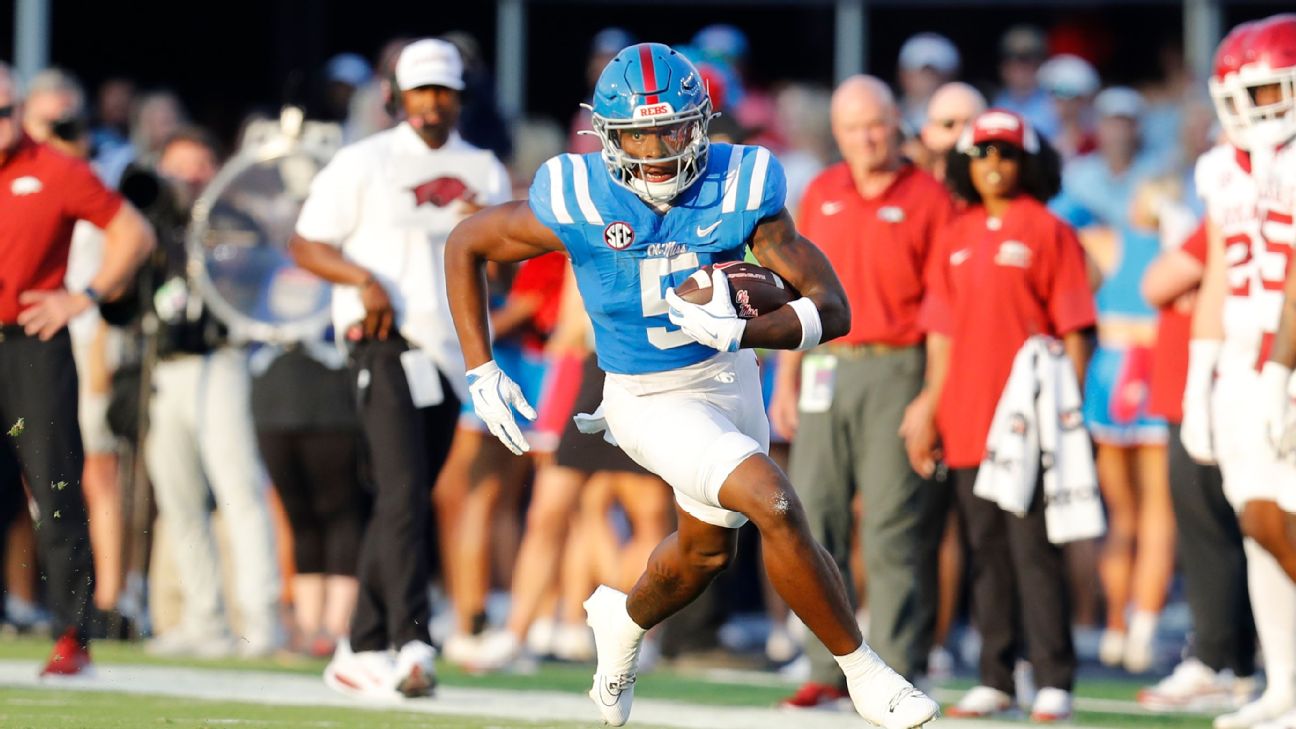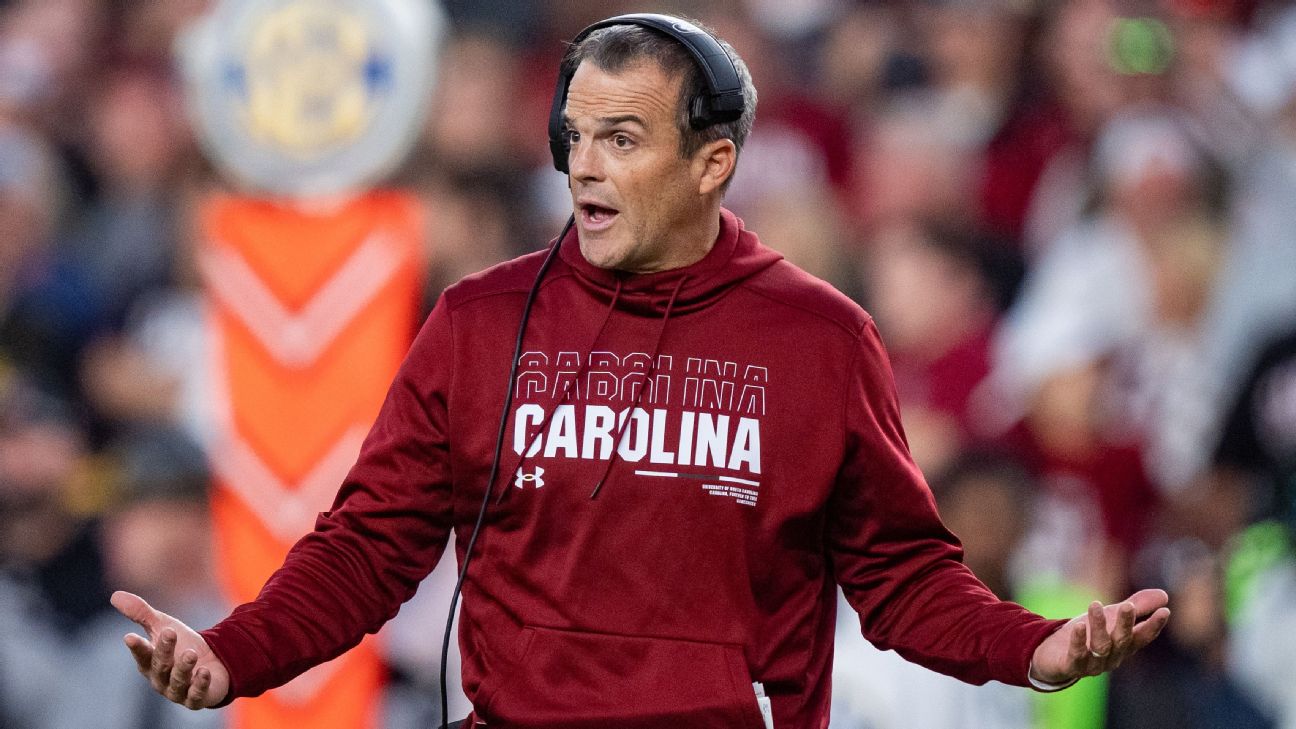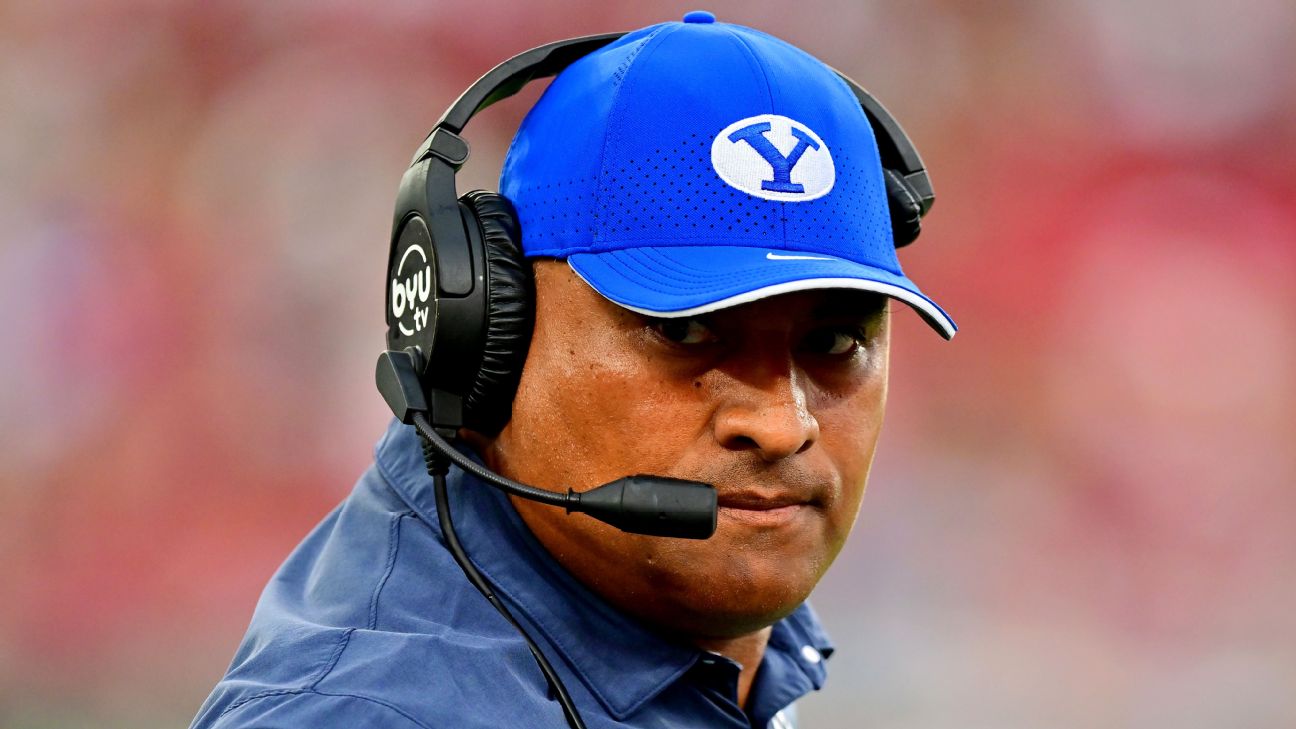Tony Petitti Advocates for Michigan: Sign-Stealing Scandal Penalties Deemed Sufficient
Big Ten commissioner Tony Petitti argues that Michigan football has faced enough penalties in the sign-stealing scandal, urging the NCAA to reconsider further sanctions.
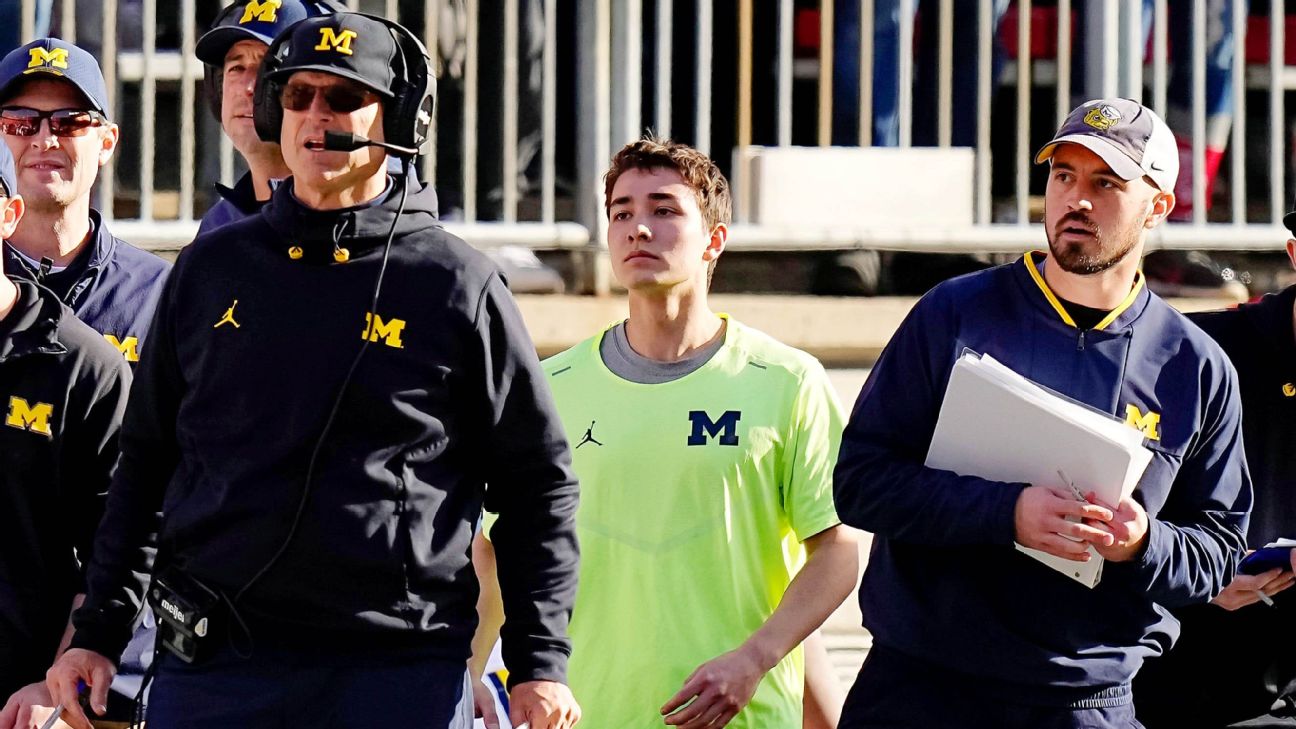
Big Ten commissioner Tony Petitti has taken a bold stance in the ongoing NCAAF sign-stealing scandal involving Michigan football. Despite the serious nature of the allegations and the initial backlash, Petitti has sent a letter to the NCAA Committee on Infractions, arguing that the University of Michigan has already faced sufficient penalties and should not be subjected to further sanctions.
Background of the Scandal
The controversy centers around former Michigan staffer Connor Stalions, who was accused of orchestrating an advanced scouting and sign-stealing scheme during the 2023 season. The NCAA has charged Michigan with 11 rule violations, including six Level 1 violations, which are considered the most severe.
Petitti's Argument
Petitti's letter, read at an early June infractions committee hearing in Indianapolis, highlights that the Big Ten had already imposed significant penalties on Michigan. Notably, then-coach Jim Harbaugh was suspended for the final three games of the 2023 regular season. Despite Harbaugh's absence, Michigan went on to win all three games and ultimately secured the national championship.
Potential NCAA Penalties
The NCAA still has the authority to impose additional penalties, which could range from vacating past victories to a postseason ban, coach suspensions, or monetary fines. Michigan has proposed suspending current coach Sherrone Moore for two games in the 2025 season for deleting text messages with Stalions during the scandal. However, the NCAA was able to retrieve the messages, and Moore was not charged with any knowledge of Stalions' actions.
The Commissioner's Perspective
Petitti's stance is particularly noteworthy given the contentious relationship between him and Michigan when the scandal first broke. In November 2023, Petitti suspended Harbaugh, emphasizing the importance of maintaining the integrity of competition. Michigan vehemently disagreed, arguing that due process was not followed and that there was no evidence of Harbaugh's involvement.
Moving Forward
Petitti's current position suggests that he believes Michigan has paid its penance and that no further disciplinary actions are necessary. This development indicates a potential shift in the relationship between the commissioner and the university, as both parties appear to be moving past the scandal.
Conclusion
As the NCAA prepares to make its final ruling before the 2025 season, Petitti's advocacy for Michigan underscores the complexities of enforcing penalties in collegiate sports. Whether the NCAA will heed his advice remains to be seen, but one thing is clear: the sign-stealing scandal has left a lasting impact on Michigan football and the NCAAF landscape.


